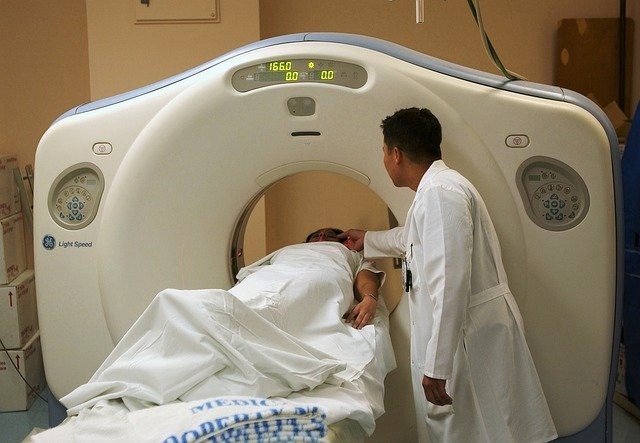Any business that associates its goals with socially responsible behaviour is said to be embracing corporate social responsibility. The process of “do-good” work is going to reap benefits for any organization sooner or later. There are many things that an organization may do in pursuance of social responsibility, such as donations, employing socially weaker sections, adopting ethical labour practices, offering good quality products at reasonable prices, using environmentally sustainable production procedures, and much more. Performing CSR not only helps you attain customer loyalty towards your brand, it also gives your business an edge over competitors.
India was the leading nation across the globe to enact CSR in section 135 of the Companies Act, making it necessary for corporate giants to invest 2% of average net profits on social welfare.
A sum of Rs. 71,277 Cr has been spent on 1,05,358 CSR projects till FY2019. States receiving 30% of the total CSR since FY 2015, are Gujarat, Maharashtra, Tamil Nadu, and Karnataka and those receiving the least of total CSR are Madhya Pradesh, Jharkhand, Uttar Pradesh, Chattisgarh and Bihar. This, maybe owing to the reason that the companies want to build up their social reputation in the markets where they are most operational.
Government’s announcements for CSR during COVID-19
The Coronavirus outbreak being a “Notified Disaster” brought the world economies to a halt. Major industrial shutdowns and lockdowns have shaken the wheels of the Indian economy. Contributions towards avenues such as temporary accommodation, medical care, and food supplies for people in quarantine facilities, and food supplies for the migrating labour force were also entertained.
The government also procured and channelled funds for setting up essential laboratory and testing facilities, and counted them as eligible CSR activity. As per the MCA declaration, companies’ CSR funds were to be used for creating preventive healthcare infrastructure, promoting relief and rehabilitation centres, and eradicating hunger and poverty as a part of disaster management.
As per the FAQs issued by MCA via General Circular No. 15/2020 on 10th April 2020, the admissible CSR expenditure were the contributions made to PM CARES Fund and not State Relief Fund or the Chief Minister’s Relief Fund for COVID-19. However, in a later notification, contributions to state disaster management authority were also to be counted as CSR. Besides these, as a one-time exception, the ex-gratia payments made to temporary/ casual/ daily wage workers were to qualify under CSR.
CSR in response to COVID-19
Many companies have in response followed a hybrid approach and set good examples by lending their support to the government in manufacturing PPE kits, ventilators, face covers, masks, and sanitizers. Many private companies provided daily food and accommodation to frontline workers during the lockdown.
Not only companies of Indian origin, but foreign corporations have also marshalled funding and instigated campaigns to shrink the impact of the unprecedented catastrophe. The notable key point here is how the companies have managed to address urgent social challenges. The global outbreak has paved the way for many corporations to expand their footprint and engage with other sectors pivoting their CSR models.
While some corporations have successfully seized the opportunity by creatively deploying their funds to promote mental and physical health, some others have harnessed technology to create awareness. In both cases, the corporations have made attempts to fight pandemic along with the government.
Views of the author are personal and do not necessarily represent the website’s views.
 The author is Managing Director of Seva Group. After completing his graduation in International Marketing from Regent’s University, London, Aditya moved back to his homeland and joined his father’s business that started in 1987. Today, he owns and manages the only triathlon retail portfolio – running, swimming and cycling – under Element Retail, in India. His years of fitness propelled him to set up Nutridock, a mindful eating concept, that offers users to create healthy-eating meal plans.
The author is Managing Director of Seva Group. After completing his graduation in International Marketing from Regent’s University, London, Aditya moved back to his homeland and joined his father’s business that started in 1987. Today, he owns and manages the only triathlon retail portfolio – running, swimming and cycling – under Element Retail, in India. His years of fitness propelled him to set up Nutridock, a mindful eating concept, that offers users to create healthy-eating meal plans.
Thank you for reading the column. Please drop a line and help us do better.


